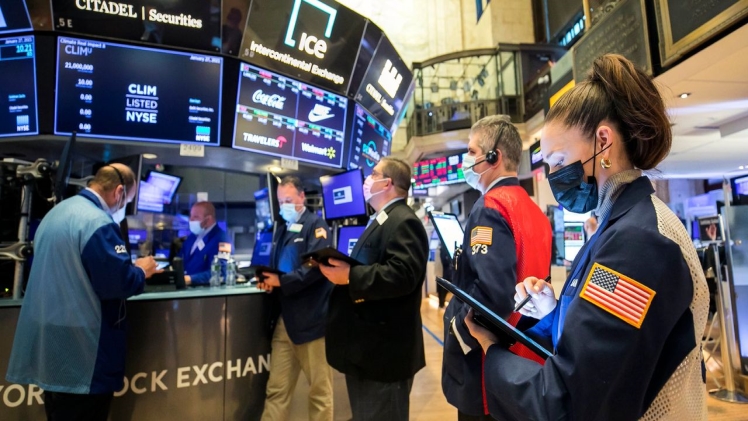Did you know that supply and demand are the main factors that affect the prices of stocks? In case the demand for stock purchases increases, the prices rise. In instances where most investors want to sell their stock, the prices will fall. In the stock market, the link between demand and supply is susceptible to the news.
An investor should avoid chasing the news that comes along the way since it will affect your strategy for picking a stock. If an unexpected or important thing happens, the stock market rises or falls, depending on the type of news. Here is how the news affects the stock prices and the stock market.
Understanding the Stock Market
The stock market refers to where individuals can purchase and sell shares of stock. Owning shares of stock means that you own a part of the company. Currently, there exists primary and secondary stock markets. The primary market refers to when organizations sell their shares for the initial time intending to raise some cash. This is commonly referred to as IPO (Initial Public Offerings), and the purchase is made via a bank that sells on behalf of the organization.
The investors or buyers who acquire these shares may want to sell them, and that is where they go to the secondary market. When the secondary parties buy and sell the shares, their profit is theirs, not the investment bank or company that issued the stock.
How the News Affects the Stock Market and Prices
News has a great impact on the world of investment. The news may offer you important data such as stock price targets that can assist you in making an investment decision. For example, companies release their earnings report annually, and this helps you to decide whether to invest with them or not.
However, the news may also greatly impact your feeling regarding a certain company, investment, market, or industry. In other terms, the news can influence and shape your opinions and emotions, which can influence your decision to purchase or sell stocks.
Good News or Bad News
When people receive negative news, they sell stocks. Negative news could be a gap in business governance, bad income reports, political uncertainty, and big-picture economic and unfortunate incidences. All these adds pressure to selling the stock, and since most people want to sell, the prices go down.
Positive news causes most people to purchase stocks. Positive news could be good income reports, a corporate acquisition, an announcement of new products, and positive economic indicators. All these make people want to purchase the stock, and due to the increased demand, the prices go high.
When Bad News Turn to Be Good News
In the stock market, bad news for a certain stock is usually counted as good news by other stocks. For instance, utility stocks may experience a fall due to landfall or hurricane due to the expectation of costly repairs and emergency responses. Usually, insurance stocks will experience some impacts due to such news; this will again depend on the storm severity. In the meantime, home improvement stock retailers will be experiencing a positive impact as they will be anticipating a rise in their sales within the following months.
Anticipating the News
Generally, most traders spend quality time anticipating how the next news cycle may affect the stocks. They can tell which stocks to sell or buy prior to the release of the real news. Usually, they get the information from various sources, including:
Government Economic Reports
Mostly the employment information from the Labor Statistics Bureau is a pointer of the consumer and economic strength. Additionally, U.S. Census Agency reports on durable goods orders indicate how self-assured retailers follow the monthly spending. With other additional government reports, you can be able to anticipate the stock-leading and lagging indicators. You may use the durable goods orders as a leading indicator as they are highly priced.
Industry and Company News
Professional traders have no interest in old news. Traders look forward to knowing the current hot products in the market, dying trends, and current status orders.
Unexpected News
Generally, there are some occurrences that you can’t simply anticipate, from long drought to disasters resulting in high oil prices. Business people could be thinking that they are appraising risks; however, the odds of things turning wrong are never-ending. Therefore, unanticipated news could lead to a shift of stock prices in a positive or negative direction.
Finally, the news may have a positive or negative impact on stock price and the stock market. It is important to analyze the news you receive critically before deciding to buy or sell shares.

